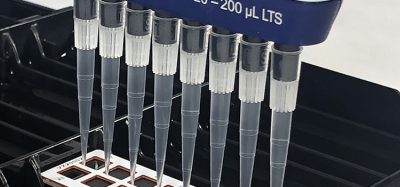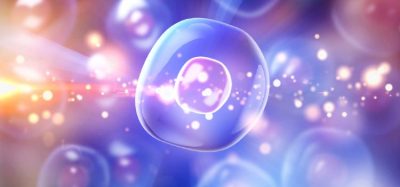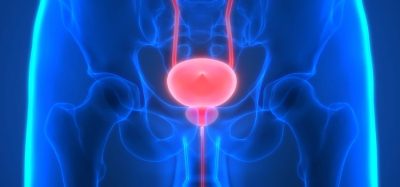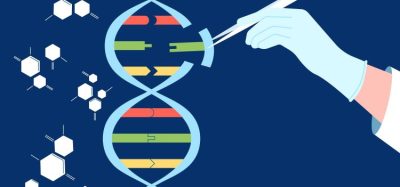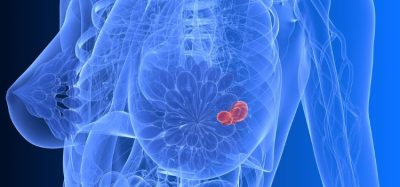GW announces positive results for Epidiolex in Dravet syndrome
Posted: 14 March 2016 |
Epidiolex achieved the primary endpoint of a significant reduction in convulsive seizures assessed over the entire treatment period compared with placebo…
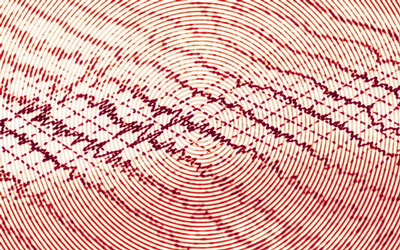

GW Pharmaceuticals has announced positive results from the first Phase III study of its investigational medicine Epidiolex (cannabidiol or CBD) for the treatment of Dravet syndrome.


In this study, Epidiolex achieved the primary endpoint of a significant reduction in convulsive seizures assessed over the entire treatment period compared with placebo. Epidiolex has both Orphan Drug Designation and Fast Track Designation from the US Food and Drug Administration (FDA) in the treatment of Dravet syndrome, a rare and debilitating type of epilepsy for which there are currently no treatments approved in the US.
Commenting on the news, Orrin Devinsky, M.D., of New York University Langone Medical Center’s Comprehensive Epilepsy Centre, said: “The results of this Epidiolex pivotal trial are important and exciting as they represent the first placebo-controlled evidence to support the safety and efficacy of pharmaceutical cannabidiol in children with Dravet syndrome, one of the most severe and difficult-to-treat types of epilepsy.These data demonstrate that Epidiolex delivers clinically important reductions in seizure frequency together with an acceptable safety and tolerability profile, providing the epilepsy community with the prospect of an appropriately standardised and tested pharmaceutical formulation of cannabidiol being made available by prescription in the future.”
“The positive outcome of this Phase 3 trial is a significant milestone in the development of Epidiolex as a potential new treatment for patients suffering from Dravet syndrome. We are excited about the potential for Epidiolex to become the first FDA approved treatment option specifically for Dravet syndrome patients and their families,” added Justin Gover, GW’s Chief Executive Officer. “In light of this positive data, we will now request a pre-NDA meeting with the FDA to discuss our proposed regulatory submission.”
Patients taking Epidiolex achieved a median reduction in monthly convulsive seizures of 39%
The Phase III study randomised 120 patients into two arms, Epidiolex 20mg/kg/day and placebo. Epidiolex or placebo was added to current anti-epileptic drug (AED) treatment regimens. On average, patients were taking approximately 3 AEDs, having previously tried and failed an average of more than 4 other AEDs. The average age of trial participants was 10 years and 30 percent of patients were less than 6 years of age. The median baseline convulsive seizure frequency per month was 13.
The primary efficacy endpoint was a comparison between Epidiolex and placebo measuring the percentage change in the monthly frequency of convulsive seizures during the 14-week treatment period compared with the 4-week baseline observation period. In this study, patients taking Epidiolex achieved a median reduction in monthly convulsive seizures of 39 percent compared with a reduction on placebo of 13 percent, which was highly statistically significant. A series of sensitivity analyses of the primary endpoint confirmed the robustness of this result. The difference between Epidiolex and placebo emerged during the first month of treatment and was sustained during the entire treatment period.
Results from secondary efficacy endpoints reinforced the overall effectiveness observed with Epidiolex.
Epidiolex was generally well tolerated in this study. Of those patients on Epidiolex that reported an adverse event, 84 percent reported it to be mild or moderate. Ten patients on Epidiolex experienced a serious adverse event compared with three patients on placebo. Eight patients on Epidiolex discontinued treatment due to adverse events compared with one patient on placebo.



